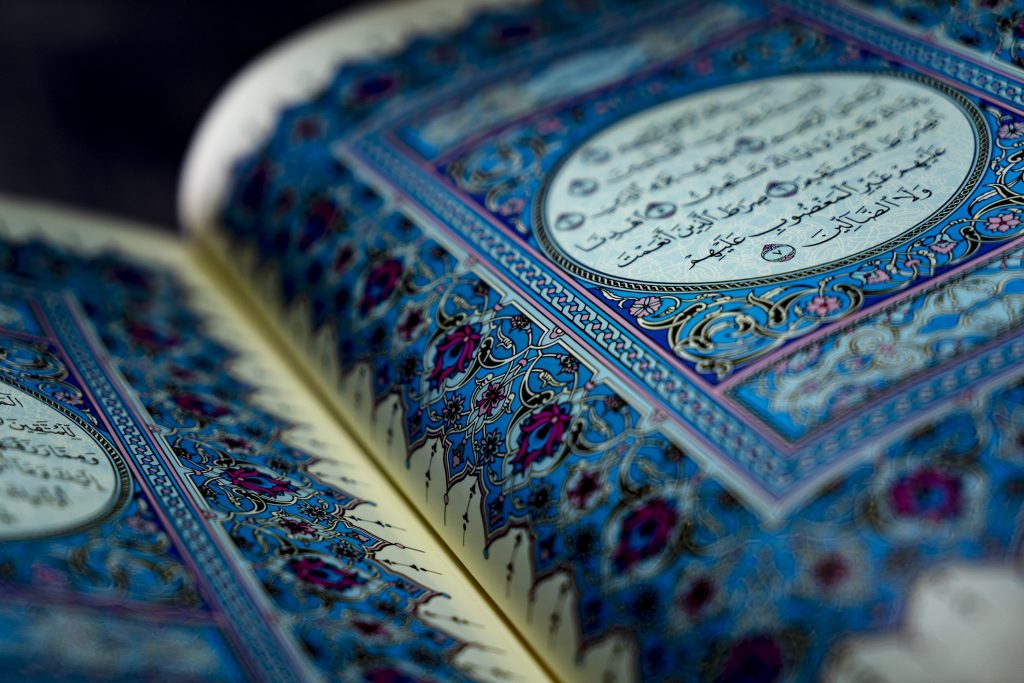
For centuries, the Rohingya people, a Muslim ethnic minority indigenous to Myanmar, have not had access to the Quran in their native language. However, a campaign led by Rohingya Vision has recently raised more than $20,000 toward funding for an audio and video translation of the scripture, making the text much more accessible to the largely illiterate and highly impoverished community.
“It is extremely sad to say that for over 14 centuries, the Rohingya are deprived of understanding the holy revelation, the Quran, in their own Rohingya language,” said Muhammad Noor, CEO of Rohingya Vision, a news outlet specializing in documenting Rohingya communities in Myanmar and the diaspora.
Past attempts at translating the Quran into Rohingya have largely been unsuccessful and Rohingya have had to access the scripture in the original Arabic or use Urdu translations when available. Like its people, the language has largely been relegated to the fringes of Myanmar society. The government of Myanmar does not use the term Rohingya to describe the people or language, instead opting to refer to them as “Bengali,” in part due to linguistic similarities between the Rohingya language and Bengali (unlike Burmese, which is the official language of Myanmar, Rohingya and Bengali are both Indo-European languages).
The majority of Rohingya people are currently living in displacement camps, and as a result, many do not have access to the education necessary to develop literacy in their native language. Because of this, the project to translate the Quran into Rohingya will focus on developing an audio and video translation to make it accessible for those who are illiterate.
Myanmar has faced strong international pressure for its persecution of the Rohingya people, who have largely been displaced from their native land. Since the 1970s, crackdowns on the Rohingya people in the Rakhine state of Myanmar have led to hundreds of thousands of Rohingya fleeing to nearby nations, mainly Bangladesh and Pakistan, according to a report from Al Jazeera.
Myanmar’s government has been repeatedly accused of enacting an ethnic cleansing against the Rohingya people, though the government denies this claim.
Another Islamic first was the publication in Chinese of a booklet of verses by Allama Muhammad Iqbal, which was launched at Pakistan’s embassy in Beijing. According to a report by Gwadar Pro, the booklet launch event was part of the festivities to mark the 70th anniversary of the establishment of diplomatic relations between Pakistan and China. At the event, Pakistani ambassador to China Moin ul Haque hailed Iqbal’s philosophical depth, political acumen, and artistic brilliance.
He said that Iqbal’s message has a universal appeal that transcends the narrow limitations of creed and nationality. The ambassador expressed the hope that this book would popularize Iqbal in China and deepen cultural ties between the two countries.
No comments:
Post a Comment